Afghan Foreign Minister Amir Khan Muttaqi’s October 2025 visit to India represents a significant shift in diplomatic strategy for both sides, marking the highest-level direct engagement since the Taliban’s takeover of Aghanistan 2021.
For India, the move is a pragmatic recalibration aimed at safeguarding its strategic interests and adapting to new ground realities in Afghanistan, rather than an endorsement of the Taliban regime.
Muttaqi, like other senior Taliban leaders, is subject to a UN travel ban. India secured a waiver from the UN Security Council’s 1988 sanctions committee. The agreement was a critical step in enabling the visit to take place.
Deteriorating Pakistan-Taliban Relationship
Muttaqi’s visit, occurring amid severely strained ties between the Taliban and Pakistan, offers India a strategic opportunity. New Delhi’s engagement is a direct response to the deteriorating Pakistan-Taliban relationship, allowing India to cultivate influence in Kabul and push back against its long-time rival.
Significantly, coinciding with Muttaqi’s visit, Kabul was rocked by explosions for which the Taliban has blamed Pakistan. The Afghan government has accused Pakistan of violating Kabul’s “sovereign territory”, describing it as an “unprecedented, violent, and provocative act”.
The incident is the latest event amidst escalating violence and deep mistrust between the two nations, which includes border clashes and accusations of harbouring militant groups. Pakistan has long accused the Afghan Taliban of permitting the Pakistan Taliban, also known as the TTP, to operate from their territory. The Taliban government has always denied this. The Taliban Defence Ministry warned in its statement that, should the situation become worse, “the consequences will be attributable to the Pakistani army”.
While Afghanistan’s relations with Pakistan are deteriorating, India is strategically strengthening its ties with the Taliban. During Muttaqi’s visit, India announced that it would upgrade its technical mission in Kabul to a full embassy, effectively elevating diplomatic relations with the Taliban administration. This elevates diplomatic engagement to its highest level since the Taliban’s takeover. India’s deepening of ties with the Taliban is seen as a strategic move to counter Pakistan, which earlier had close links to the Taliban.
Impact Shorts
More ShortsIndia’s Concerns
Thus, the geopolitical dynamics of the region are changing. The core shift is the deterioration of relations between Pakistan and Afghanistan on one hand and a pragmatic pivot by India toward the Taliban on the other. Reopening the embassy allows India to regain a diplomatic foothold and better monitor developments in Afghanistan after its initial withdrawal in 2021. The move enables direct engagement with the Taliban on security concerns like terrorism and extremist groups.
A core element of India’s strategic interest is preventing Afghan soil from being used by terrorist groups for anti-India activities, a major concern since the 1999 IC-814 hijacking. During the discussions, the Indian side emphasised the need for both nations to coordinate efforts against cross-border terrorism. Muttaqi assured India that Afghanistan would not allow its territory to be used against New Delhi’s interests. This is important in the context of the fact that the Taliban has historically maintained links with Lashkar-e-Taiba (LeT) and Jaish-e-Mohammed (JeM), both of which have carried out numerous terror attacks against India.
Muttaqi’s Visit to Deoband
The LeT and JeM are both considered ideological allies of the Taliban due to their shared adherence to the extremist Deobandi school of Sunni Islam. This common foundation has historically fostered strong connections between them. During the Taliban’s previous rule in the 1990s, the groups operated from Afghan territory. Both JeM and LeT have continued to leverage the Taliban’s networks for sanctuary and logistical support.
In this regard, Muttaqi’s visit to Deoband is seen as challenging Pakistan’s decades-long claim to be the primary custodian of Deobandi Islam. By welcoming the Taliban minister and accommodating this symbolically significant visit, India is asserting its own influence in the region and positioning itself as a key regional partner for Afghanistan. The visit to Deoband was a soft power opportunity to build on shared religious heritage and pursue dialogue.
While the visit to Deoband was framed as a cultural and religious stop, it is considered a strategic part of India’s cautious engagement with the Taliban government. The Deoband visit provided a non-formal channel for diplomatic contact, allowing India to increase its engagement with the Taliban without formally recognising their regime. Indian officials view Darul Uloom Deoband as a religiously significant, yet politically neutral, point of contact.
What the Taliban Seeks
The Taliban government, facing severe economic challenges, is actively seeking foreign investment and economic ties to stabilise Afghanistan. India’s commitment to trade and development projects offers a vital lifeline.
By reaching out to India, the Taliban demonstrates an effort to diversify its regional alliances and assert a more independent foreign policy, especially in its tense relationship with Pakistan.
Both parties discussed boosting economic ties, with Muttaqi inviting Indian companies to invest in Afghanistan’s mining sector. The two sides agreed to strengthen the India-Afghanistan Air Freight Corridor to enhance trade and commerce. Muttaqi also advocated for reopening the Attari-Wagah border to facilitate direct trade, which has been largely limited due to Pakistan’s restrictions.
Criticism of Muttaqi’s Visit
There are many critics who have said that inviting the Afghan minister was not desirable. The Taliban’s actions, especially severe restrictions on women’s and girls’ rights to education and employment, amount to gender persecution, according to human rights organisations and the UN.
Critics also argue that engaging with an oppressive regime undermines democratic values. The Taliban has violently suppressed dissent and freedom of expression. Journalists and media outlets face arbitrary detention, beatings, threats, and censorship. Activists advocating for human rights and women’s education have been reportedly detained and tortured. Public floggings and other corporal punishments are carried out regularly.
Critics suggest that while engaging with the Taliban might seem politically astute, it risks compromising India’s relationship with democratic-minded Afghans and other international partners who oppose the Taliban’s rule.
There are also some critics who assert that despite the Taliban’s assurances, its historical ties to international terror groups like Lashkar-e-Taiba and Jaish-e-Mohammad pose a risk to regional security. Relying on the Taliban’s promises could be a miscalculation. Despite this, engaging with the Taliban is considered a pragmatic necessity by India to prevent Afghanistan from becoming a hub for terrorism directed against India.
Mining Opportunities
There are other important reasons which need to be kept in mind. Afghanistan, with its significant mineral resources, offers new economic opportunities for investment. Numerous mining and geological surveys have taken place in Afghanistan over the last century. These surveys, conducted by different international and domestic entities, have established that the country possesses vast mineral wealth. Following their takeover in 2021, the Taliban focused on the mining sector as a revenue source. Between August 2021 and February 2024, the Taliban awarded over 200 mining contracts to more than 150 companies, including foreign investors from China, Iran, Turkey, and others.
A 2024 report indicates that surveys and related activity continue, with the Taliban actively managing and contracting mining operations. India is actively considering investment opportunities in Afghanistan’s mining sector following a direct invitation from the Taliban administration. This potential collaboration is a key component of India’s renewed and upgraded engagement with the Taliban-led government.
India’s Development Projects
Continued engagement allows India to oversee its significant development investments in Afghanistan, including projects like the Salma Dam and the Afghan Parliament building. India has committed to projects like the Shahtoot Dam and the drinking water project for Kabul, which will also facilitate irrigation. Plans are in place for road connectivity to promote tourism, such as the road to Band-e-Amir in Bamyan Province. India is also supporting infrastructure development in this sector.
Access to Central Asia
Engaging with the Taliban is also crucial for India to secure access to Central Asian markets, which are otherwise blocked by Pakistan. After the fall of the Soviet Union in 1991, India and the Central Asian states sought to re-establish connectivity. However, regional instability and geopolitical realities continued to hamper trade via Afghanistan. Afghanistan has largely depended on trade routes through Pakistan for its commerce with India. This has posed challenges due to strained India-Pakistan relations and has resulted in frequent disruptions, such as the closure of the Atari-Wagah border crossing in April 2025 following military clashes. The disruption has heavily impacted the dry fruit trade, as 85 per cent of India’s dried fruit imports are from Afghanistan.
To bypass Pakistan and establish reliable access to Afghanistan and Central Asia, India has invested heavily in developing the Chabahar Port in Iran. Indian goods arrive at Chabahar on the Arabian Sea and are then transported northward through Iran to Afghanistan and Central Asia via road and rail. Despite its potential, the Chabahar route faces challenges due to delays in infrastructure development and US sanctions against Iran.
Long-Standing Ties
There are humanitarian reasons also. India’s longstanding ties with the Afghan people are rooted in centuries of shared history. India’s engagement has prioritised the Afghan people, regardless of the government in power. Engagement with the Taliban ensures that India can provide essential humanitarian aid to the Afghan people, who are facing a severe crisis. India has already supplied vaccines, wheat, and other relief materials. India has pledged to assist with housing and aid for Afghan refugees who were forcibly repatriated from Pakistan.
Muttaqi’s visit has a lot of importance for the Taliban. The visit, following a temporary UN travel exemption, is a significant step toward breaking the Taliban’s international diplomatic isolation. Engaging with a major regional power like India helps the group gain legitimacy and international recognition, which remains limited. The Taliban government, facing severe economic challenges, is actively seeking foreign investment and economic ties to stabilise its country. India’s commitment to trade and development projects offers a vital lifeline. By reaching out to India, the Taliban government has demonstrated a desire to diversify its regional alliances and assert a more independent foreign policy, especially in view of the tense relationship with Pakistan.
Summing up
India is walking a fine line. Engaging with the Taliban is a pragmatic necessity for India, but it carries risks, and placing full trust in the group would be unwise. India’s cautious policy is a “balancing act” that recognises the reality of the Taliban’s control while protecting India’s core strategic interests. Nonetheless, the official visit by Afghan Foreign Minister Amir Khan Muttaqi to India signals a pragmatic shift in India’s foreign policy and represents an effort to secure strategic interests amid regional geopolitical changes. The engagement with the Taliban-led administration, which India does not formally recognise, is primarily driven by security concerns and competition with regional rivals, particularly Pakistan and China.
While India has not granted formal diplomatic recognition to the Taliban regime, the visit and reopening of the embassy signify a new, pragmatic phase of engagement. This recalibration of foreign policy prioritises India’s national security and strategic interests, adapting to the ground reality in Afghanistan under Taliban rule. The approach balances principled stands on human rights with the tactical necessity of engaging with those in power.
The writer is a retired Indian diplomat and had previously served as Ambassador in Kuwait and Morocco and as Consul General in New York. Views expressed in the above piece are personal and solely those of the author. They do not necessarily reflect Firstpost’s views.


)
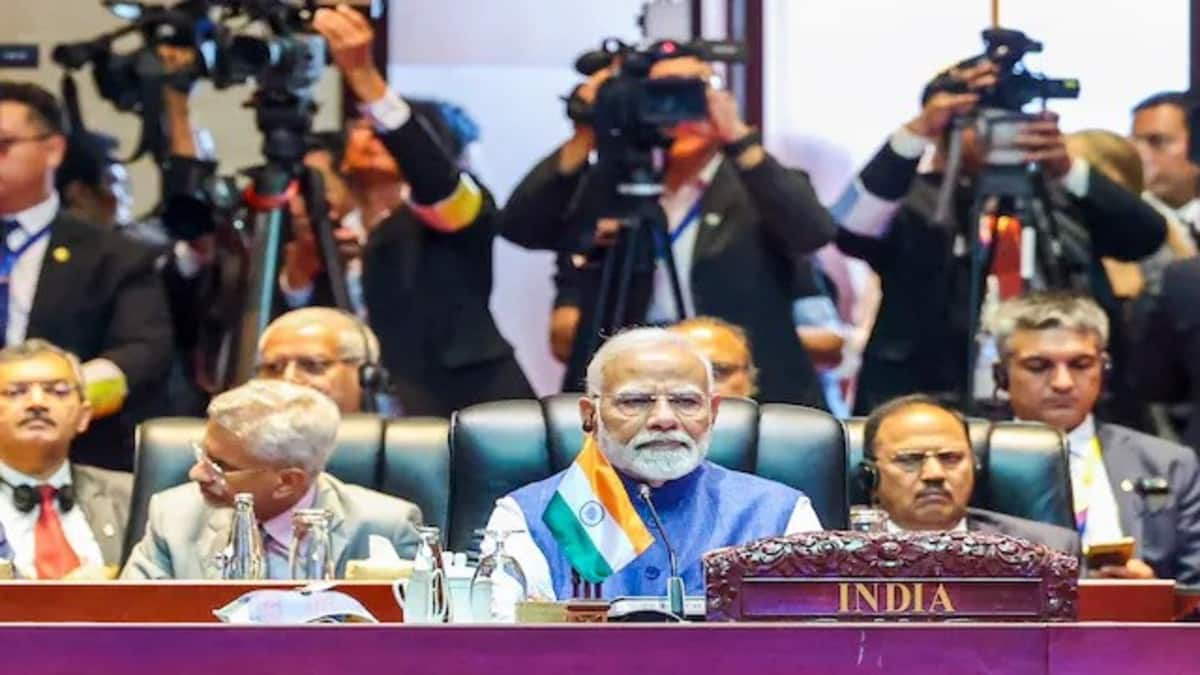
)
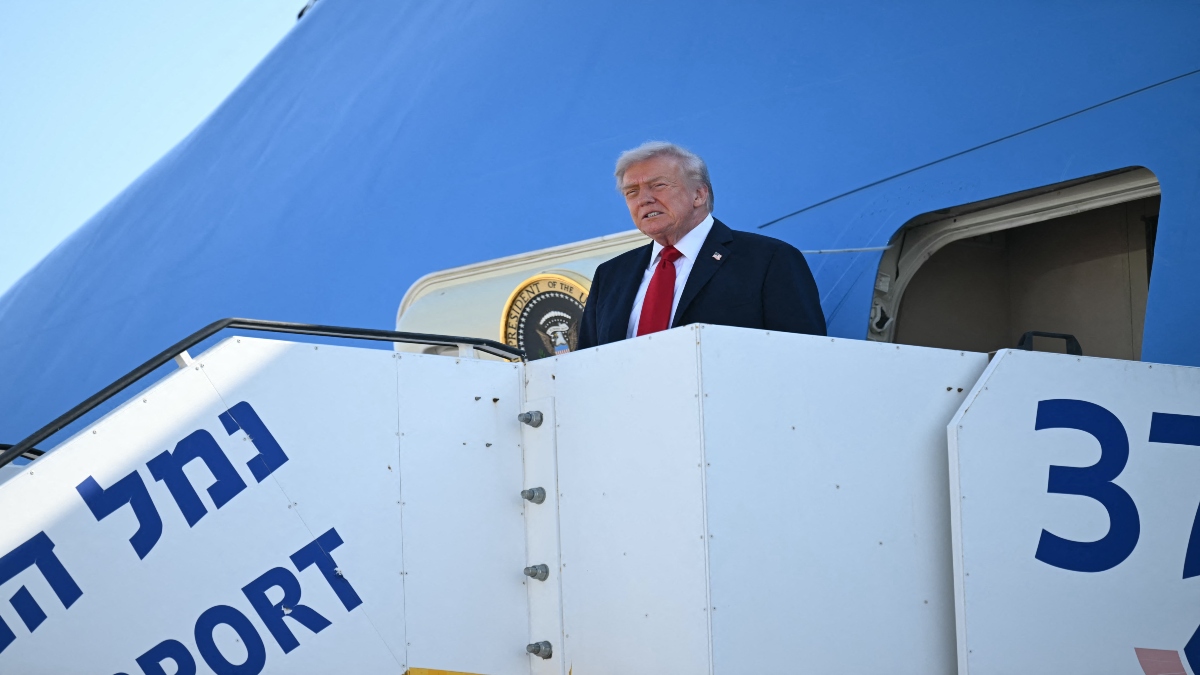)
)
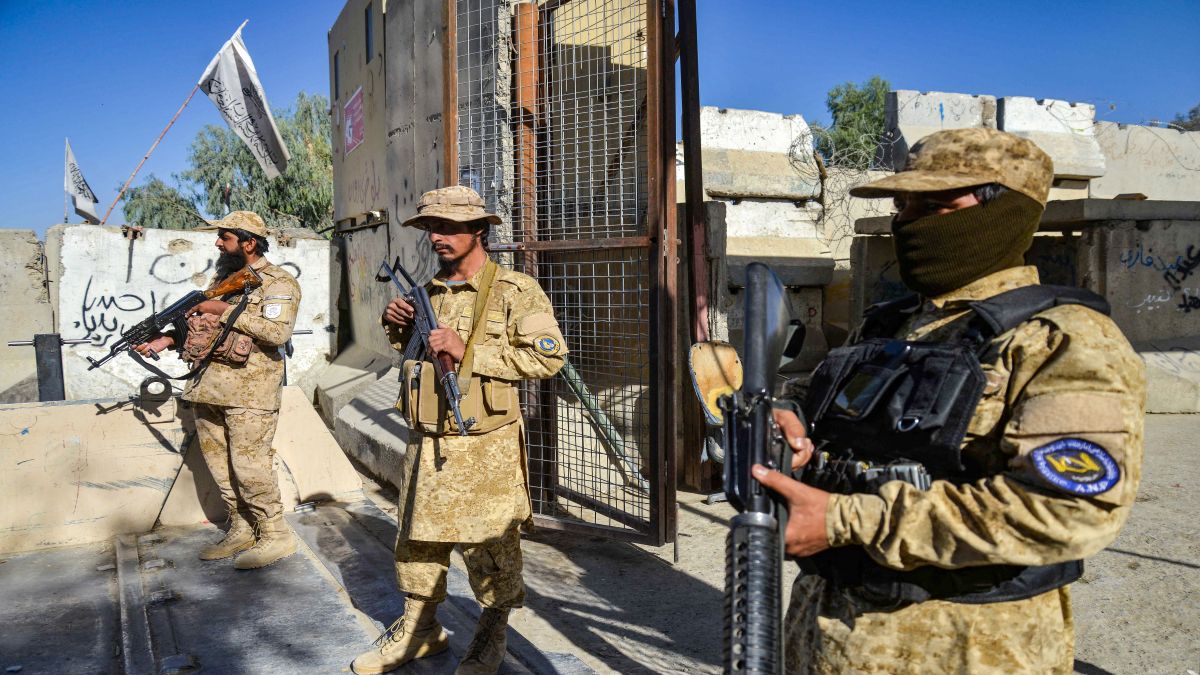)
)
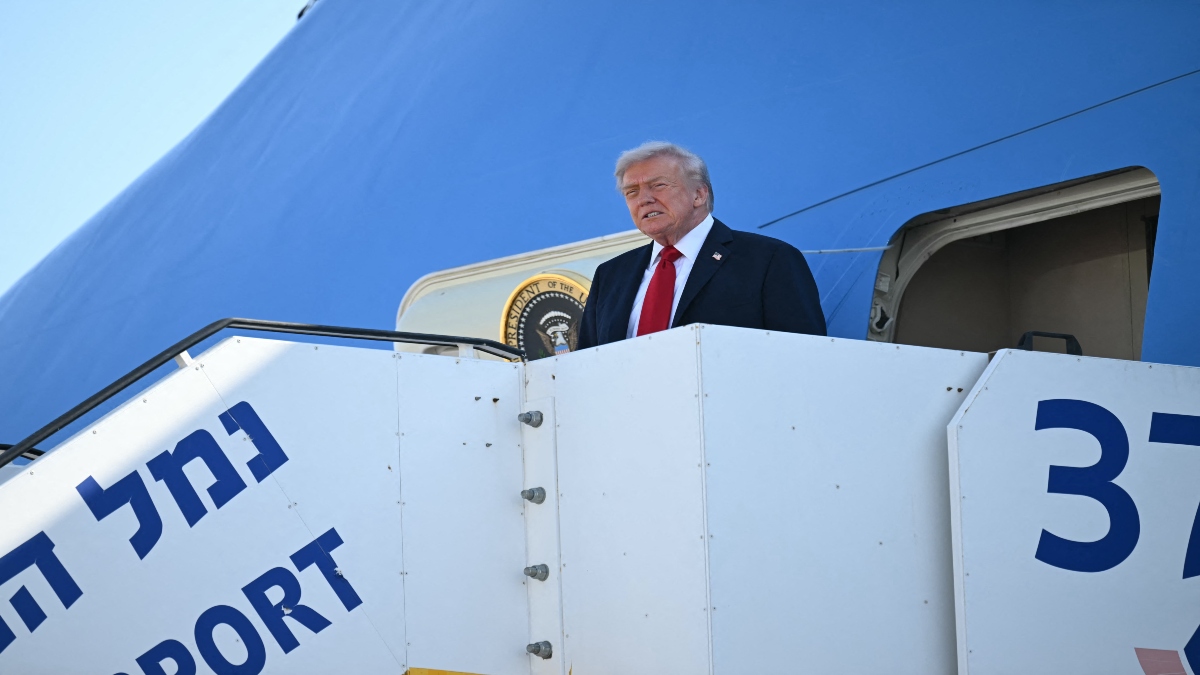)
)
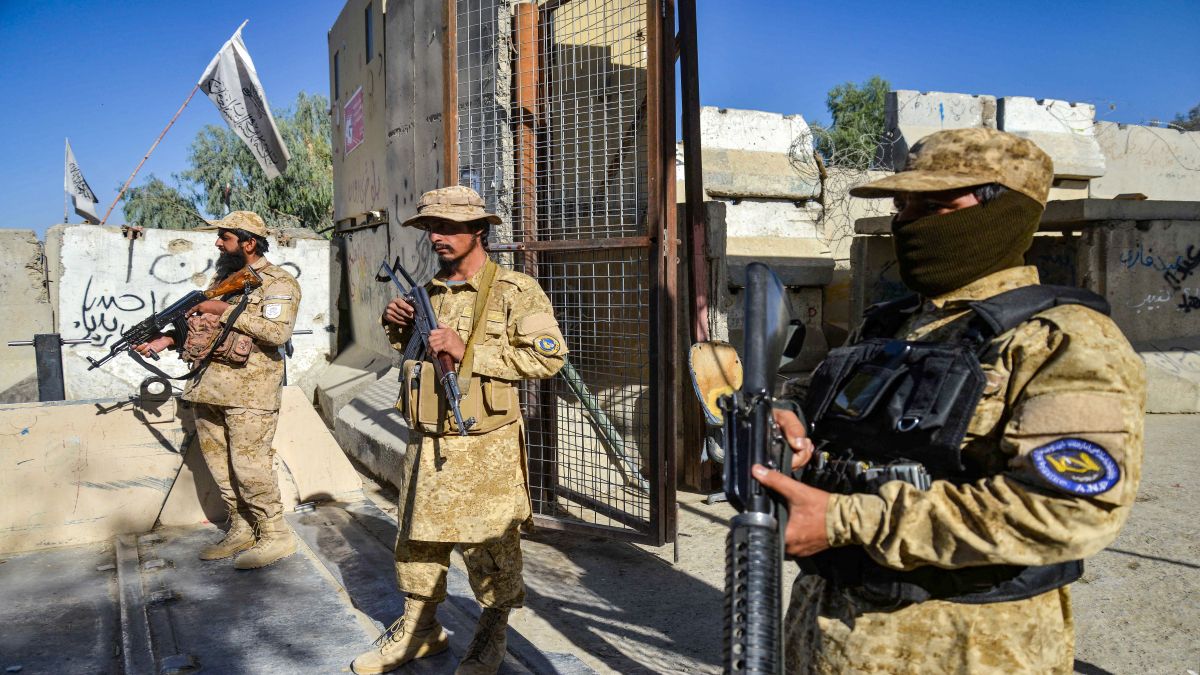)



